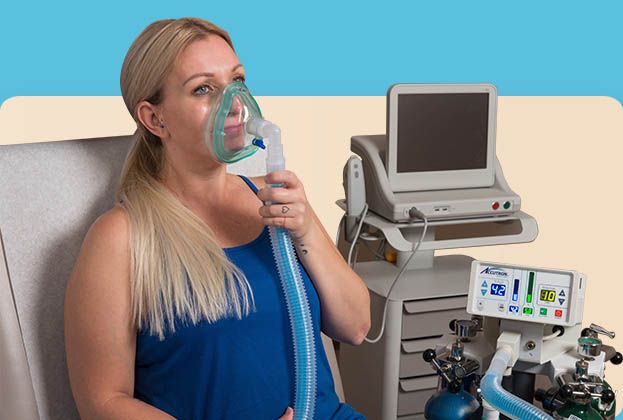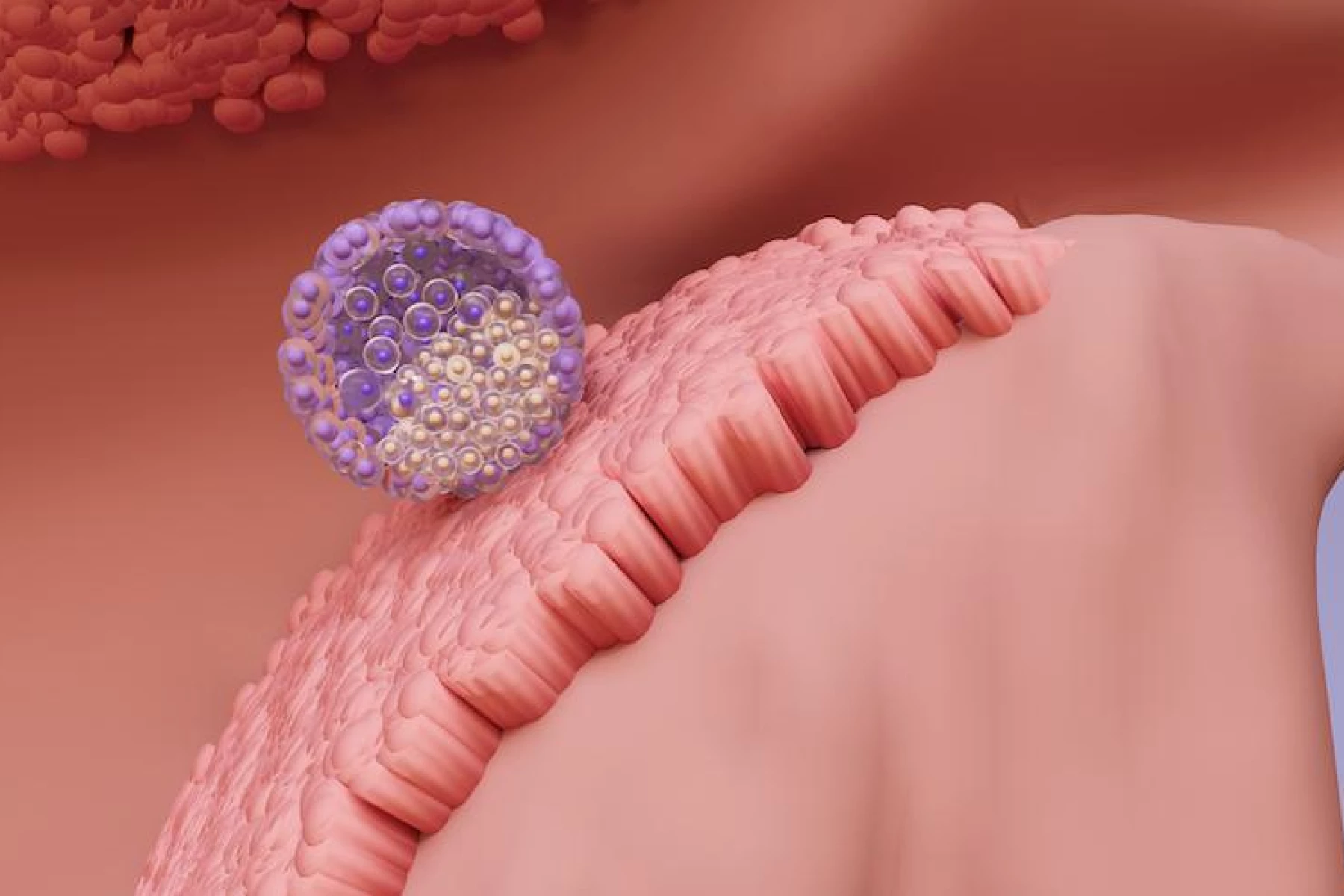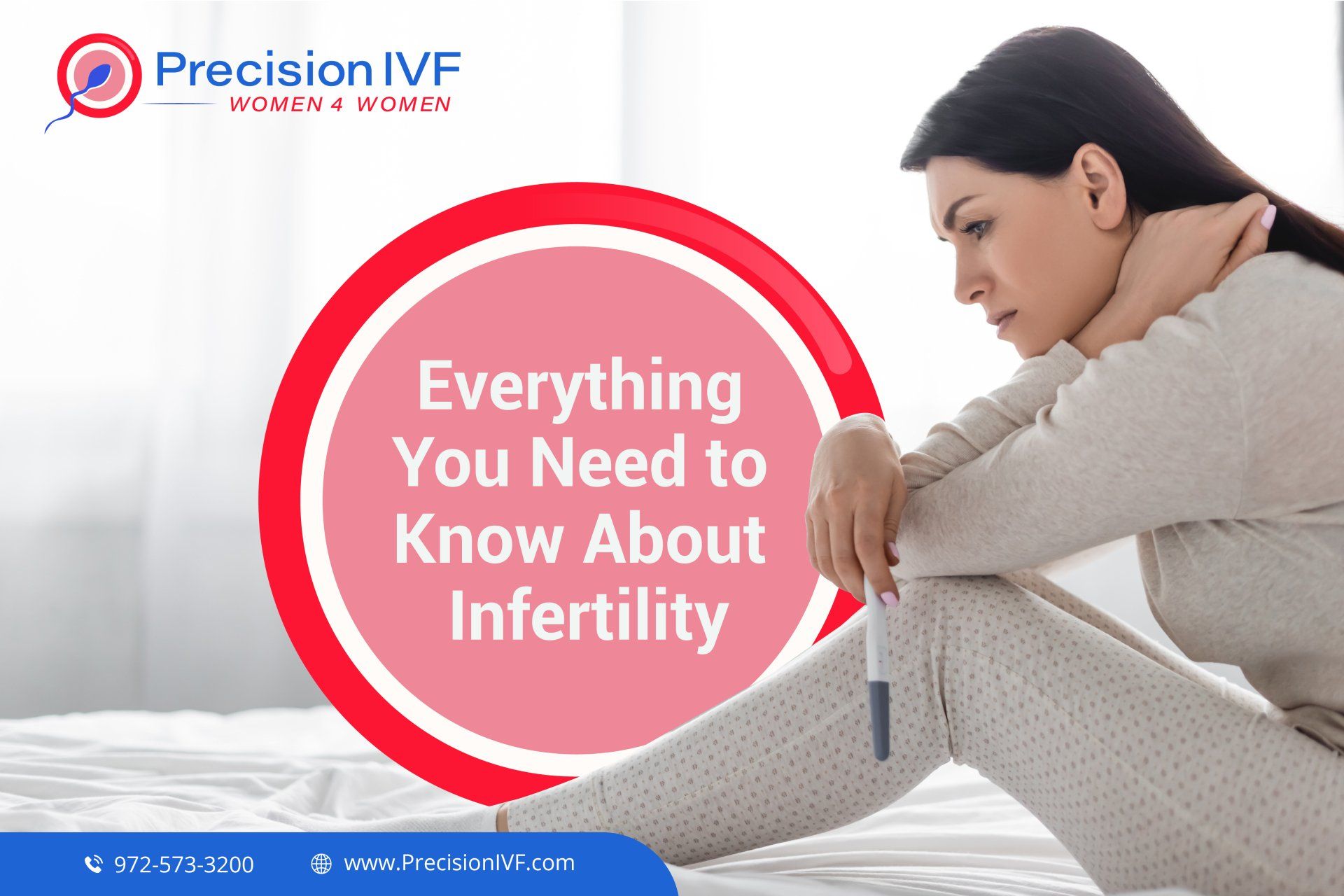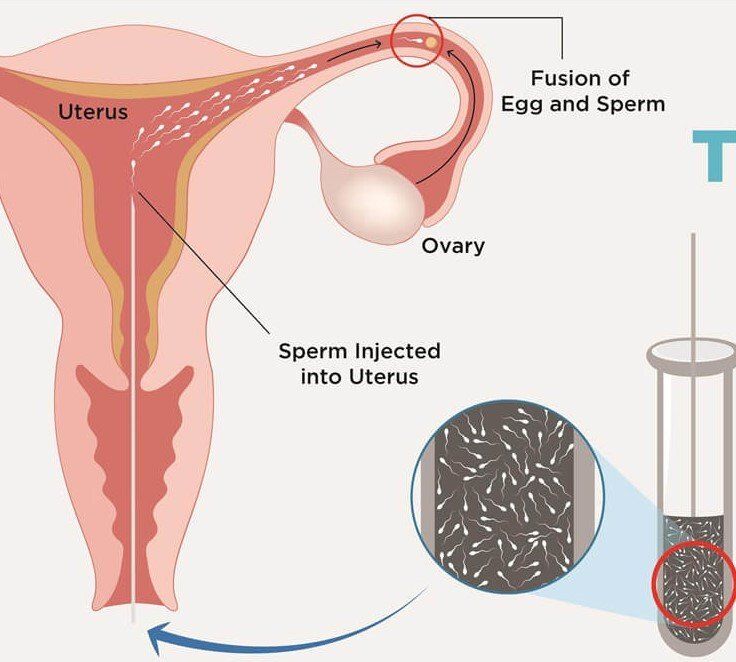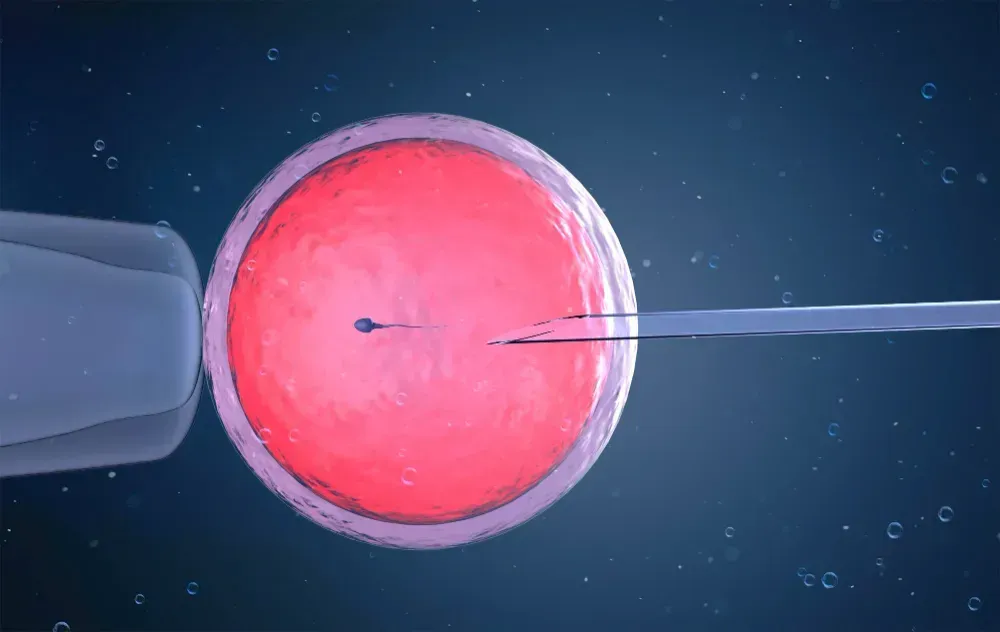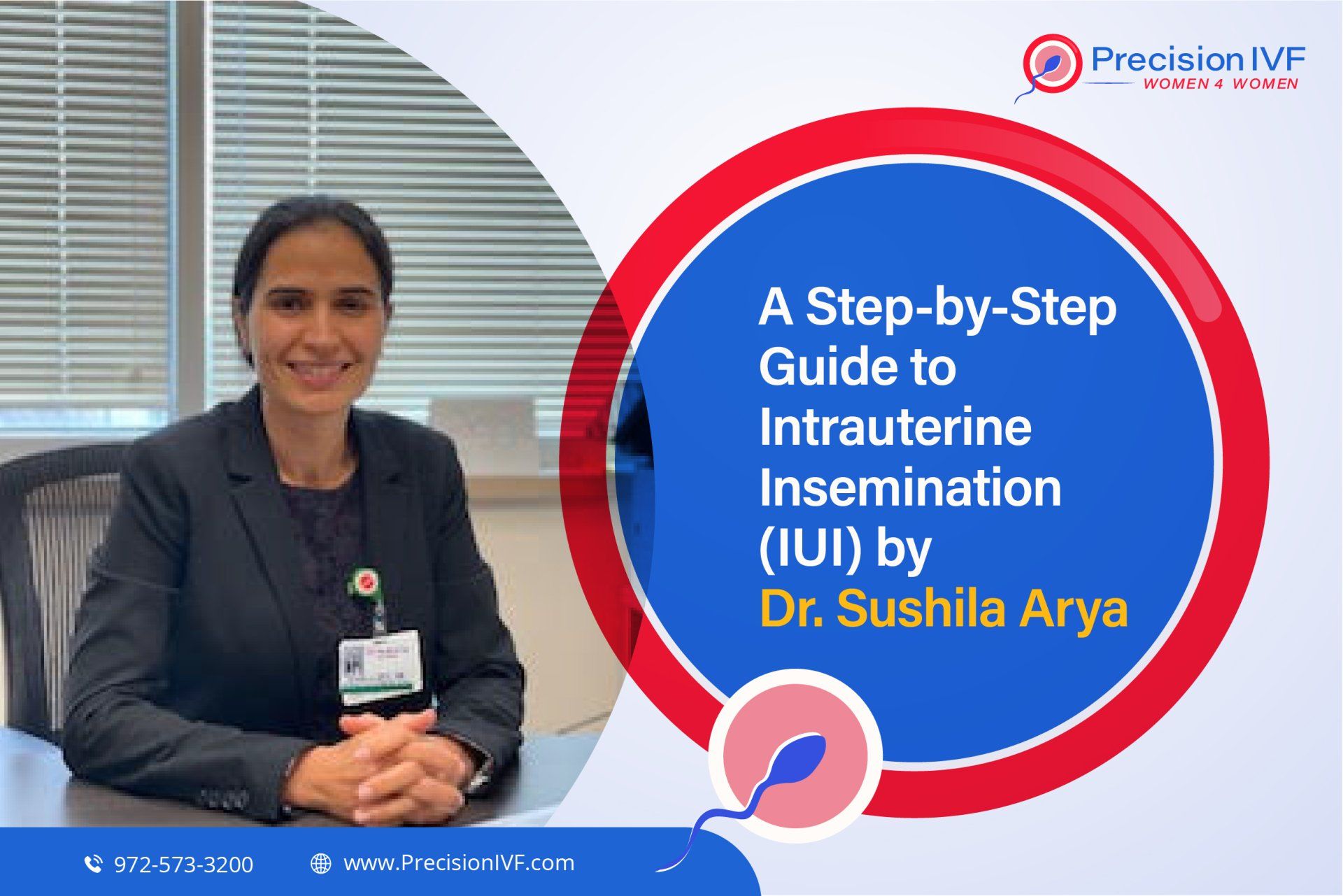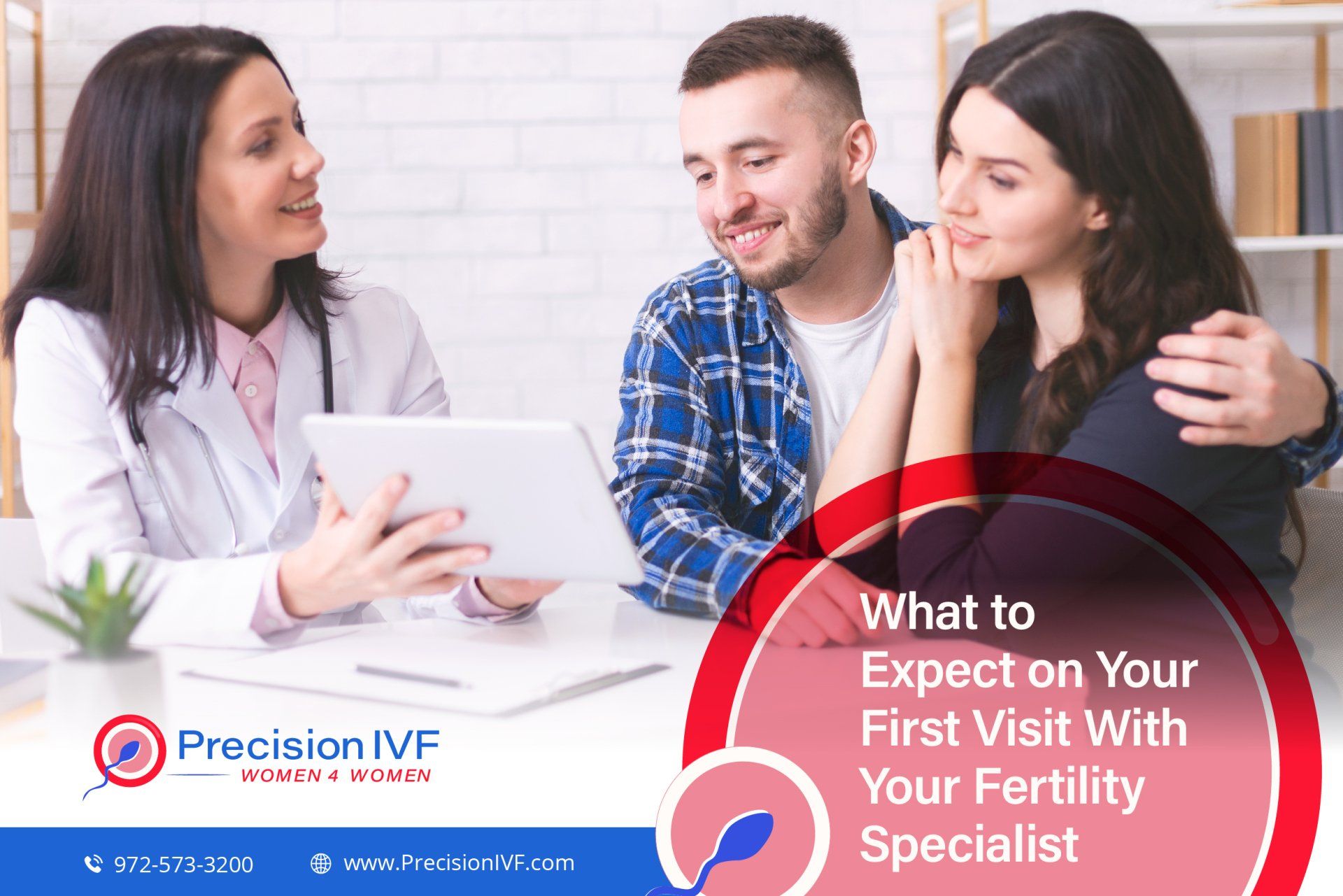Egg Freezing: Is it Right for You?
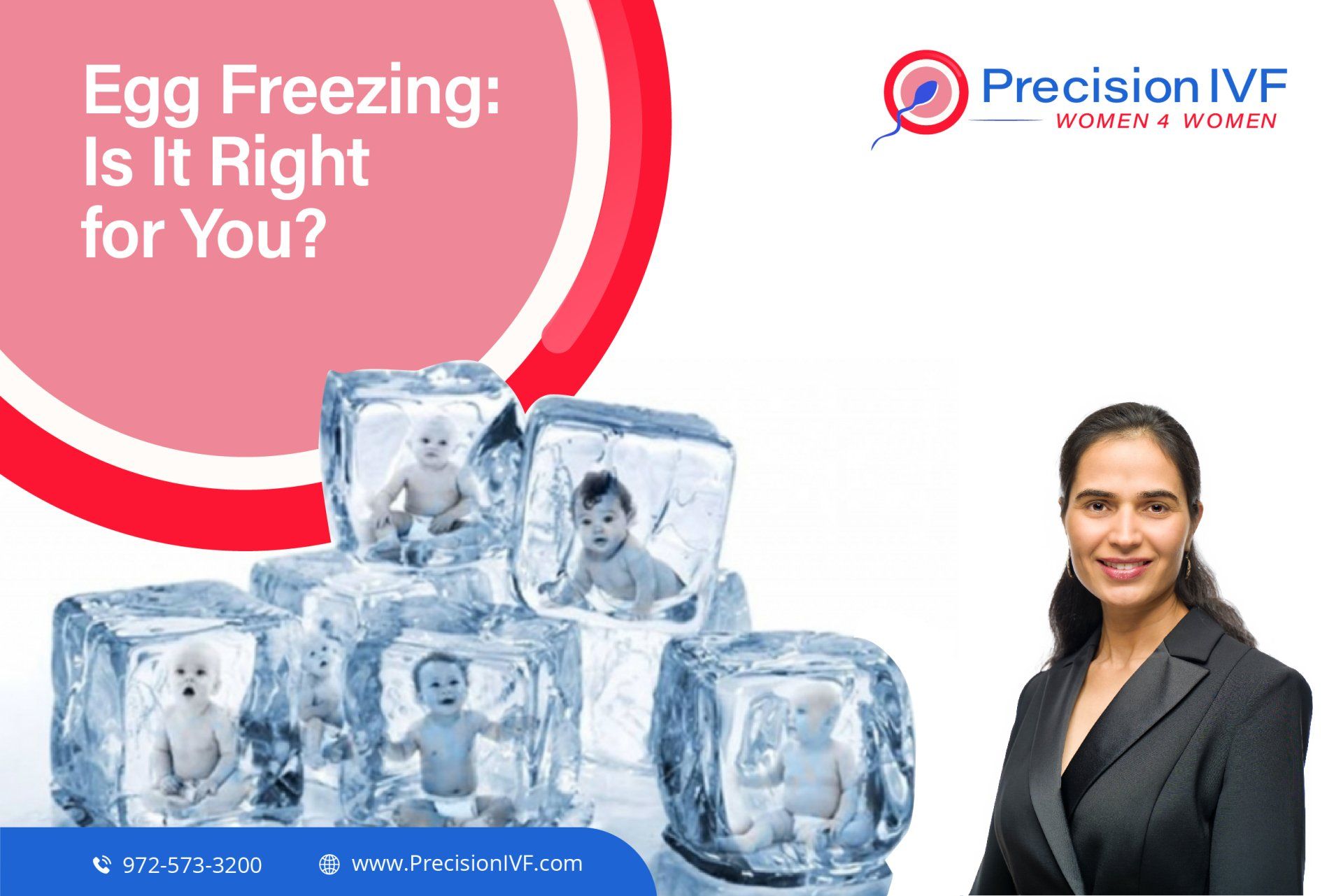
This is the 21st century! Women increasingly spend their 20s and 30s moving up the career ladder and achieving financial stability, which creates a difficult balance as the biological clock hasn't quite caught up. As we know, fertility declines with age. In an attempt to balance career and childbearing, the advancement of reproductive technologies brings relief and empowers women who want to postpone having kids while they are juggling through a crucial phase of professional growth or haven't met their perfect partner, by freezing their eggs.
Have you been contemplating the idea yourself? If you want to learn more about egg freezing, this blog is for you. We've put together everything you need to know about the procedure, including its process, risks, and other frequently asked questions.
What Is Age-Related Decline in Fertility?
It is well established that your chances of getting pregnant are highest when you are young, in your 20s and early 30s. Your egg reserve is abundant, and egg quality is healthier, increasing your chances of having a healthy baby. Fertility declines gradually throughout your adult life, even in your 20s. By age 30, the chance of natural pregnancy is about 20% per month.
Fertility declines with age due to a decrease in egg count, as we women are born with a fixed number of eggs, and we have been losing them, which started even before we are born. With age, there is a decrease in egg quality and higher chances of chromosomal abnormalities. This decline in egg count and quality is much steeper in a woman's late 30s. That's where you might have heard the steepest age-related fertility decline after age 35.
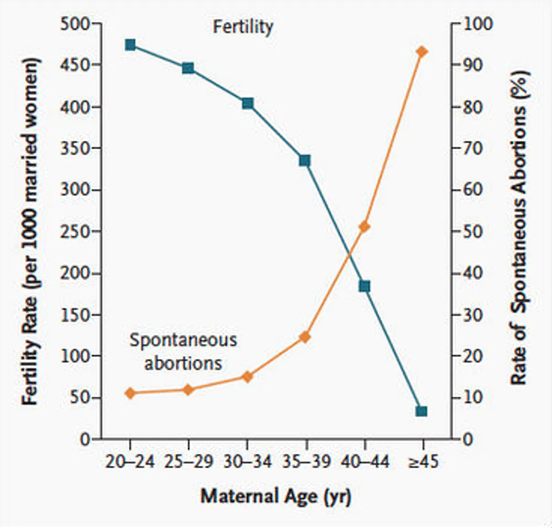
What Is Egg Freezing?
With egg freezing, the goal is to maximize your fertility before it begins to decline. Egg freezing or oocyte cryopreservation is a process in which a woman's eggs (oocytes) are extracted, frozen, and stored as a means of possible conception in the future. The first human birth from a frozen oocyte was reported in 1986. Oocyte cryopreservation has significantly advanced over the past few years, with the improved overall success of eggs surviving the freezing and thawing process. It is no longer considered an experimental procedure by the American Society for Reproductive Medicine. The techniques leading to enhanced gamete survival, potential fertilization, and live birth rates allow women a much greater degree of autonomy than was possible several years ago.
Unlike fertilized egg freezing (embryo cryopreservation), egg freezing does not require sperm since the eggs are not fertilized beforehand. With egg freezing, multiple follicle growth is stimulated with injectable gonadotropin medicine; each follicle has an egg in it. Unfertilized eggs are then collected from your ovaries by an outpatient minor surgery, and oocytes are frozen for later use. When you are ready to begin the process of conceiving, the process of fertilization of the egg and transfer of the embryo is done. Keep reading for a more detailed discussion about the process.
The Process of Freezing Eggs
A woman who opts to freeze her eggs can expect the process to take 2-3 weeks. Here's an overview of the process.
Consultation with a Fertility Specialist
Our fertility specialist, Dr. Sushila Arya, will start by reviewing your medical history in detail with a focus on fertility. As part of the assessment, she will examine your menstrual cycle for regularity and assess your ovarian reserve to determine your potential oocyte yield and the correct medication dosage.
Hormonal Injections and Monitoring
Gonadotropin hormone injections [usually FHS (Follistim or GonalF) and LH (Menopur) injections daily for about 10-12 days] will be given to the patient to stimulate the growth of follicles in ovaries that leads to maturation of the eggs. Each follicle has an egg in it.
Monitoring of the cycle is done by ultrasound and blood hormone tests. On average, it involves a total of 5-6 clinic visits. This monitoring allows dose adjustment of gonadotropin to maximize response and egg yield. It takes about 10-12 days to grow follicles, and egg retrieval takes place at the end of this stimulation phase.
Egg Retrieval or "Harvesting"
Once follicles are mature (15-20 mm), you receive a final hgc or Lupron injection ("trigger shot") to help egg maturation. Dr. Arya will perform an egg retrieval procedure. Egg retrieval takes less than 20 minutes under mild anesthesia or sedation. Through ultrasound guidance, the oocytes and the surrounding fluid in the ovarian follicles are aspirated vaginally. The maturity of the eggs is assessed under the microscope, and those that are mature are cryopreserved.
Freezing Eggs
Following egg retrieval, the embryologist isolates and cryopreserves the egg using a freezing solution (cryoprotectant) in the embryology lab (connected with the procedure room). Currently, vitrification is the method of choice for cryopreserving oocytes, and this is achieved by ultra-rapid cooling into liquid nitrogen where they can be stored. This method has allowed better post-thaw survival of eggs and improved success in achieving live birth using frozen eggs.
In Vitro Fertilization (IVF)
When the woman is ready to use the frozen eggs to achieve pregnancy, these cryopreserved eggs are placed in a warming/thawing solution and reassessed. Those eggs that survived the freezing process are fertilized with intracytoplasmic sperm injection (ICSI), where a single sperm is injected directly into the egg. The fertilized eggs will grow in culture until the embryo(s) are ready to be transferred into the uterus to achieve pregnancy, typically 3 or 5 days after fertilization. Eggs can be cryopreserved for a long time.
Who are the Candidates for Egg Freezing?
Cryopreservation of the oocytes can be considered for a variety of reasons:
- Women with cancer who require chemotherapy and/or pelvic radiation therapy that may affect fertility.
- Surgery that may cause damage to the ovaries
- Risk of premature ovarian failure because of chromosomal abnormalities (e.g., Turner syndrome, fragile X syndrome) or family history of early menopause.
- Ovarian disease with risk of damage to the ovaries such as endometriosis
- With a progressive disease like sickle cell disease or renal disease or those suffering from an autoimmune disease such as lupus should also consider egg freezing.
- Genetic mutations that require removing the ovaries (e.g., BRCA mutation)
- Fertility preservation for social or personal reasons to delay childbearing
- Furthermore, some women who wish to have children alone or with a partner of the same sex may also elect to freeze their eggs and use a sperm donor. Alternatively, transfer of an embryo into another woman's uterus (gestational carrier) to carry the pregnancy for you if that is medically necessary.
- Females transitioning to male want to freeze eggs before getting reconstructive surgery or hormone therapy. Most of these treatments may result in a partial or permanent loss of fertility.
Risks and Side Effects Associated with Egg Freezing
Risks that come with egg freezing are rare. Risks are similar to those associated with ovarian stimulation for IVF, including small risks of ovarian hyperstimulation syndrome (enlargement of the ovaries and fluid accumulation in the pelvis and abdomen), infection, and bleeding related to the egg retrieval procedure. Additionally, it is important to remember that egg freezing may improve the chances of a future pregnancy. Still, it does not guarantee 100% success, so there is a risk of emotional distress.
Freezing Eggs: Other Frequently Asked Questions
In this section, you'll find answers to some of the other frequently asked questions.
When should eggs be frozen?
Younger women generally have more fertile eggs. We usually advise women to freeze their eggs before turning 35. The best time to freeze eggs is between the age of 20- 30, when fertility and egg quality are at their highest.
What's the rate of success?
In general, the two most important factors in determining the probability of live birth are the woman's age at the time of egg freezing and the number of available eggs. Your age, the number of eggs you freeze, the quality of the sperm used to fertilize the eggs when you are ready for conception, and your health are all huge factors in how successful your procedure will be. Clinical pregnancy rates have been estimated between 4-12% per oocyte. Schedule an appointment with Dr. Arya, our fertility specialist, to get a complete workup and determine if the procedure is right for you.
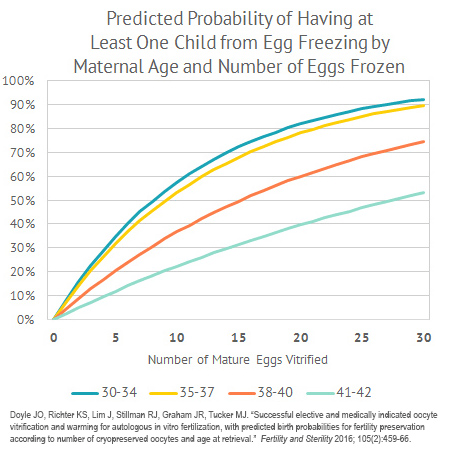
Do insurance companies cover this procedure?
Some patients' health insurance policies provide coverage for egg freezing. However, most health insurance policies do not cover the cost of fertility preservation unless it is related to a medical diagnosis. It's best to speak with your insurance company's representatives about the extent of your coverage. We have kept our treatment cost very affordable at Precision IVF.
How long can you store the eggs?
Storing the eggs for longer durations does not appear to have adverse effects. It must be remembered that older maternal age when carrying a pregnancy is associated with higher risks of pregnancy complications, such as high blood pressure, diabetes, and cesarean section.
Consult with our Specialist at Precision IVF
If you plan on freezing your eggs, Dr. Sushila Arya can provide a complete evaluation. And if you're looking for a fertility clinic that understands the struggle with infertility, please get in touch with us any time. We're here to help any way we can. For more information, you may schedule your consultation with Precision IVF, and telehealth visit is available 7 days a week!
